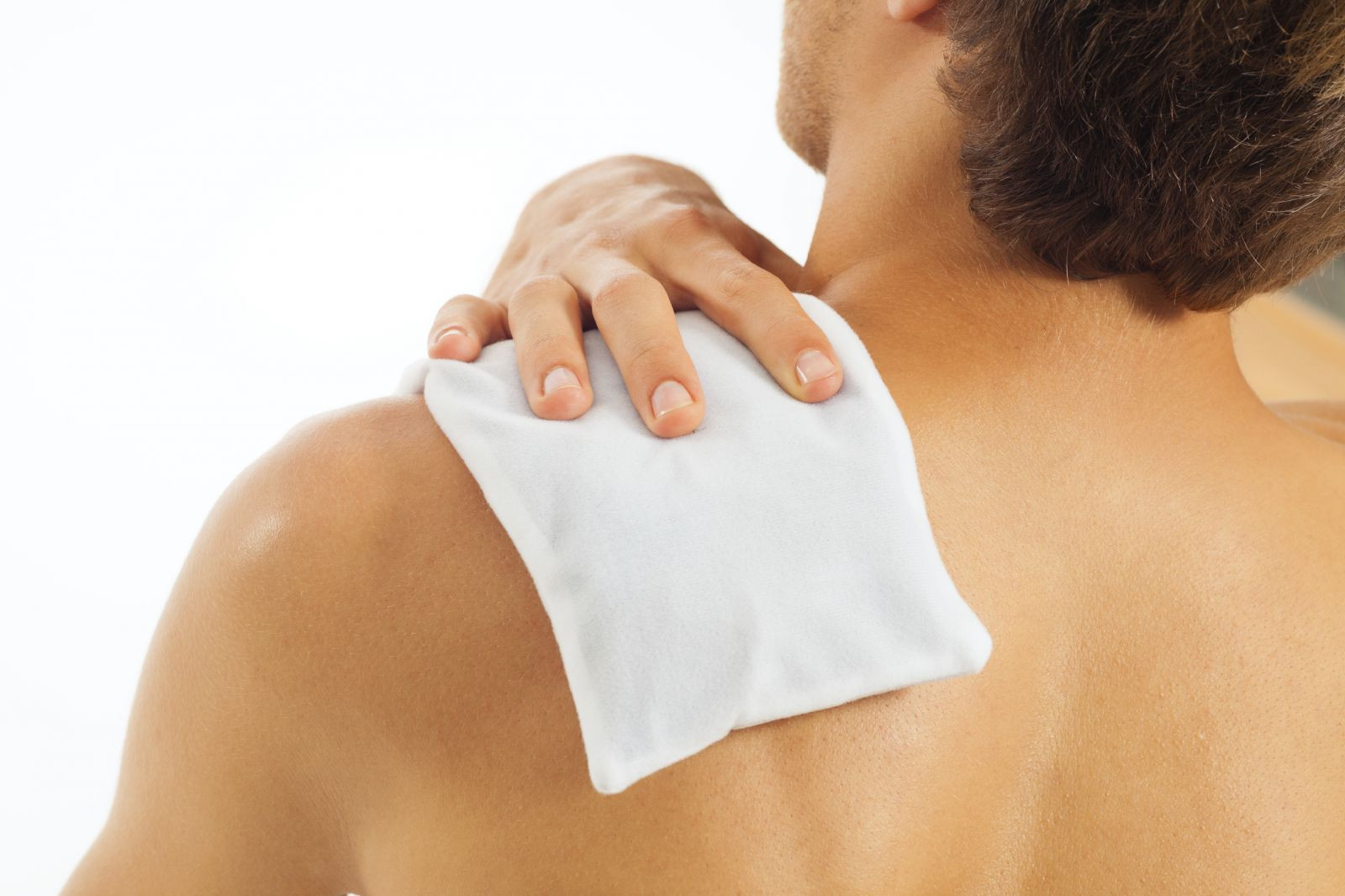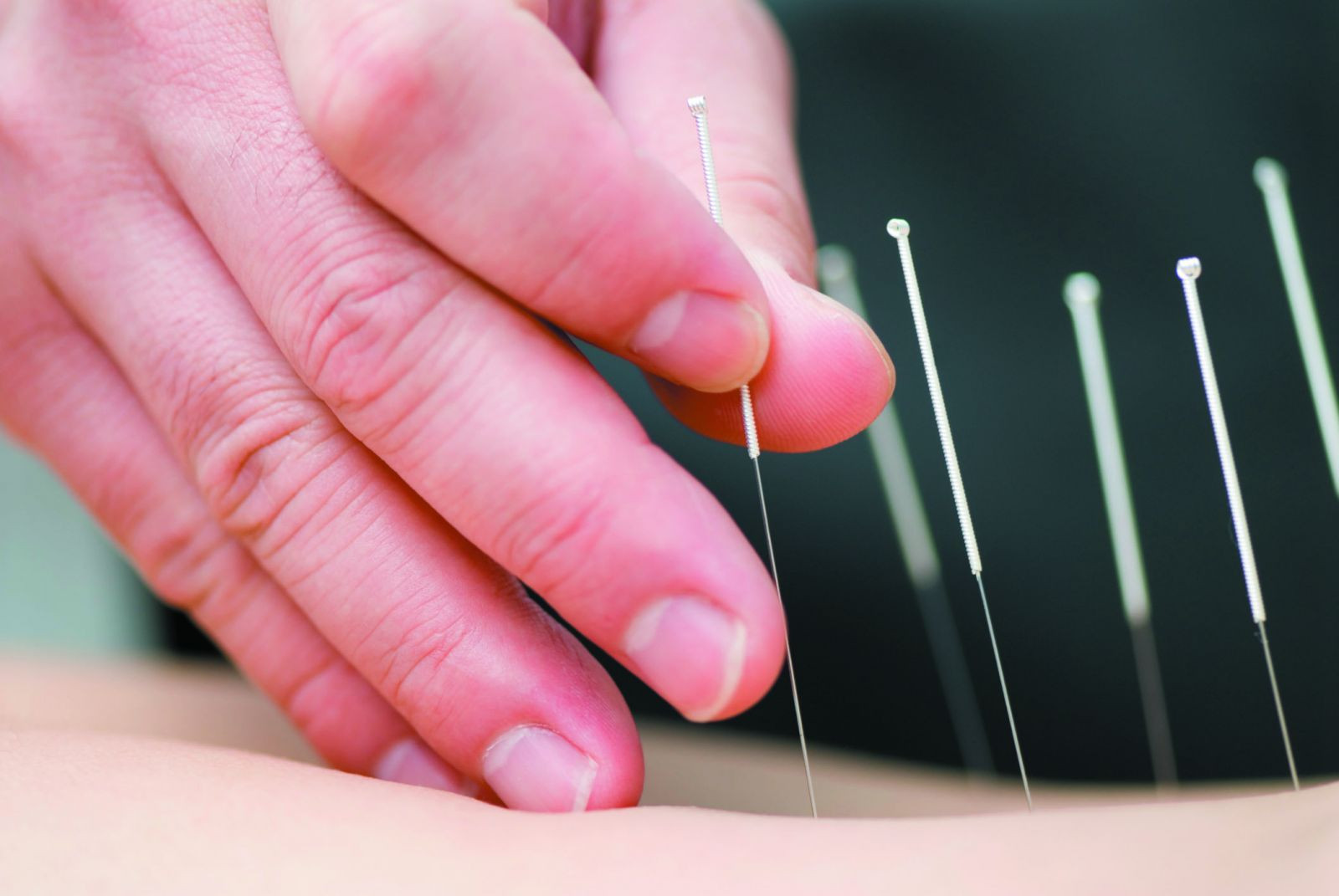Recent Articles

Gratitude enhances health, brings happiness — and may even lengthen lives

Skin care for aging skin: Minimizing age spots, wrinkles, and undereye bags

Medicare versus Medicaid: Key differences

Prostate cancer: Short-course radiation as effective as longer-term treatments

Lost a tooth? What to know about dental implants

Hyperbaric oxygen therapy: Evidence-based uses and unproven claims

Gatorade. Liquid IV. Do you need extra electrolytes?

Sexual violence can cast a long shadow on health

Eggs, protein, and cholesterol: How to make eggs part of a heart-healthy diet

Can a quick snooze help with energy and focus? The science behind power naps
Alternative & Integrative Health Archive
Articles
A new app can help you chose herbal supplements wisely
Research we're watching
Wondering if that herb or herbal supplement is safe and effective? A new app can tell you. The National Center for Complementary and Integrative Health has introduced a new app called HerbList, which provides research-based information on various herbal products.
The app, which is available free on the Apple App store and Google Play store, is designed to give consumers important details on the safety and effectiveness of some of the most popular herbs and herbal supplements. While marketers may claim these products bring health benefits and are safe, that might not always be the case. This app can help you sort through the claims to determine what's real — and what's not.
Managing your medications before a medical procedure
You may need to stop taking blood thinners, certain painkillers, herbs, and supplements to reduce your risk for bleeding.
Image: © Steve Debenport/Getty Images
No one wants to have surgery, even minor surgery, but sometimes minor procedures, such as a tooth extraction or a colonoscopy, are unavoidable. When that happens, you may hear that it's important to stop taking certain medications. Understanding exactly which drugs to suspend — and when — can be confusing. "I get a lot of questions about this," says Joanne Doyle Petrongolo, a pharmacist at Harvard-affiliated Massachusetts General Hospital.
Blood thinners
All surgery involves cutting body tissue, and that leads to bleeding. Blood thinners—medications like anticoagulants and antiplatelet drugs—can boost the risk for bleeding by keeping the blood from clotting.
Yoga can help with low back pain relief
In the journals
Image: © Wavebreakmedia Ltd/Thinkstock
Low back pain? Try yoga. A study published online July 20, 2017, by the American Journal of Preventive Medicine found that low back pain sufferers who completed a 12-week yoga program reported less pain and better quality of life compared with those who received standard care, such as medication, physical therapy, and exercise.
The study specifically looked at military veterans, average age 53, 74% of whom were men, who had experienced chronic lower back pain for at least six months. The 12-week program consisted of two hour-long instructor-led yoga sessions per week, with home practice encouraged. The sessions emphasized poses to stretch and strengthen the core and improve joint mobility. Relaxation and breathing techniques helped to reduce tension and pain perception.
8 non-invasive pain relief techniques that really work
| Image: Bigstock |
Sometimes pain has a purpose — it can alert us that we've sprained an ankle, for example. But for many people, pain can linger for weeks or even months, causing needless suffering and interfering with quality of life.
If your pain has overstayed its welcome, you should know that you have more treatment options today than ever before. Here, we've listed eight techniques to control and reduce your pain that don't require an invasive procedure — or even taking a pill.
Herbs and your heart: Be cautious
Dietary supplements may be natural but not risk-free.
Image: © darios44/Thinkstock
A quick stroll through your pharmacy or supermarket wellness aisle will show you that dietary supplements and herbal remedies are big business. Americans spend over $32 billion annually on thousands of herbal products, many of which claim to improve heart health.
Popular misconceptions
People look to herbs and supplements as a natural, safe alternative to the conventional medications they're taking, says Dr. Pieter Cohen, an assistant professor of medicine at Harvard Medical School. Providers, on the other hand, may think of supplements as fancy placebos — expensive but benign. "These are all misconceptions," says Dr. Cohen.
Treating anxiety without medication
| Image: iStock |
If you suffer from anxiety, the constant, nagging feelings of worry can be troubling and hard to control. These feelings are usually intense and out of proportion to the actual troubles and dangers in your everyday life. They can make it hard to function at home, at work, or in social situations.
Anxiety can be treated with medication, but several mind-body approaches may also be effective.
The finer points of acupuncture
This ancient practice can be used alone or with conventional therapy to help ease your pain.
Image: © zilli/Thinkstock
Men looking for an easy and effective means to manage pain should consider acupuncture.
"There are many different types of pain — neuropathic, muscular, degenerative joint — all of which can make management complex," says Hugo Lopez, a licensed acupuncturist with Harvard-affiliated Massachusetts General Hospital Cancer Center. "Sometimes you need to treat not just the physical components, but also the psychological ones, and that is where acupuncture can help, as it addresses both problems."
How the placebo effect may help you
There is growing evidence that the placebo effect is at work in most successful medical therapies.
Image: © BakiBG/Thinkstock
When you were a child, your mother or grandmother might have used a home remedy that made you feel better, especially when it was delivered with a soothing hand on the forehead or a kiss on the cheek. Perhaps she assured you that a cup of warm milk would help you fall asleep, and you found that it did.
Unbeknownst to you — or her — she was probably harnessing the placebo effect, loosely defined as a favorable response to a medical intervention that doesn't have a direct physiological effect. Although you may have learned later in life that there isn't much scientific evidence to support the practice, you may still sleep better after a cup of warm milk at bedtime.
Ask the doctor: Should I take a probiotic?
It’s unclear why, but it appears that people with psoriasis are more likely to also suffer from diabetes.
Recent Articles

Gratitude enhances health, brings happiness — and may even lengthen lives

Skin care for aging skin: Minimizing age spots, wrinkles, and undereye bags

Medicare versus Medicaid: Key differences

Prostate cancer: Short-course radiation as effective as longer-term treatments

Lost a tooth? What to know about dental implants

Hyperbaric oxygen therapy: Evidence-based uses and unproven claims

Gatorade. Liquid IV. Do you need extra electrolytes?

Sexual violence can cast a long shadow on health

Eggs, protein, and cholesterol: How to make eggs part of a heart-healthy diet

Can a quick snooze help with energy and focus? The science behind power naps
Free Healthbeat Signup
Get the latest in health news delivered to your inbox!
Sign Up











